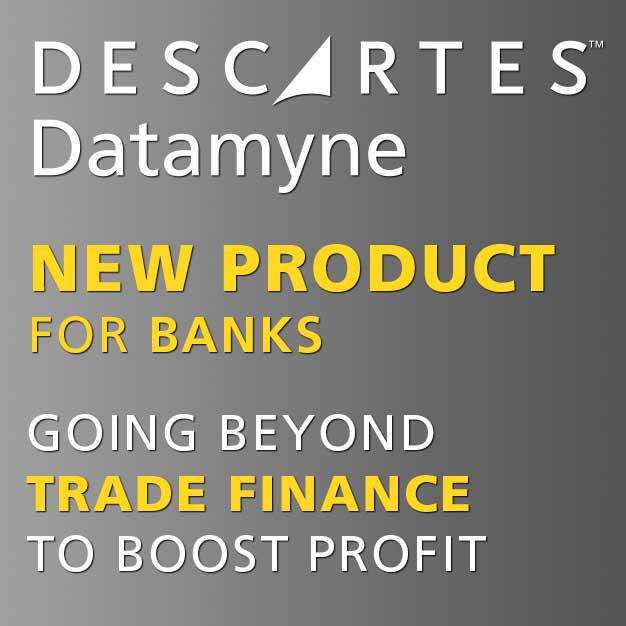by Brian J. McCormick, guest columnist
As promised last time, Chemcost’s search for “The New Cheap”* changes course this month and heads south to Brazil.
What we find is that Brazil’s trade in the 10 chemical commodities that make up Datamyne’s US Best Price Benchmark is in balance. What that means for price-conscious US buyers is very limited opportunity to save on these commodities by sourcing them from Brazil.
Indeed, we found that the best prices in Brazil for 8 of the 10 benchmark commodities are at or above US best prices, relative to USA customers. The probability of getting best prices in Brazil is about the same as in the US… with the exceptions of raw cane sugar and (possibly) magnesium sulfate (see Chart 1).
 These key assumptions underlie our estimates: a) these are unconstrained, largely theoretical estimates only; b) savings figures for magnesium sulfate are based on limited Brazilian trade volumes; c) FOB and CIF differences are negated. As always, there is no guarantee of actual savings.
These key assumptions underlie our estimates: a) these are unconstrained, largely theoretical estimates only; b) savings figures for magnesium sulfate are based on limited Brazilian trade volumes; c) FOB and CIF differences are negated. As always, there is no guarantee of actual savings.
The sweetest opportunity in Brazil, then, for US and international chemical customers is in raw cane sugar. The price difference might provide savings of as much as $12MM/year at modest volumes of up to 100,000mt/yr. Many customers typically purchase much more than this volume.
To date, Brazil has exported almost 18MMmt of raw cane sugar in 2013. Brazil often leads the world in raw cane sugar exports. While purified white sugar (from cane or beet) is the primary food sugar in the US, in the rest of the world, raw cane sugar is the standard for human consumption.
Raw cane sugar is also a feedstock for biochemical productions such as ethanol.
While US customers sometimes can secure better ethanol prices from other Latin countries, e.g., Guatemala, Brazil has exported more than 1MMmt to-date in 2013.
Brazilian producers of raw cane sugar and of ethanol are linked in a teeter-totter relationship: If prices for ethanol are down, Brazil campaigns for more cane sugar production – thereby limiting ethanol supply to the market and pushing ethanol prices upward.
And if sugar prices are down, Brazil transforms more sugar to ethanol. This switch is feasible for large sugar producers, since these chemicals are not dynamically connected at the market level. Net, today’s ethanol price is subject to supply and demand variables that will change as sugar prices change.
Next month, Chemcost’s search for “The New Cheap” broadens its scope to Latin American trade.
Copyright © 2013 Chemcost Interactive, LLC
About Brian J. McCormick
 Brian J. McCormick was instrumental in developing procurement costing and quality assurance for P&G over a 34-year career. He is the founder and managing director of Chemcost Interactive* LLC (CI), a company offering research and analysis to support cost-efficient supply chain management.
Brian J. McCormick was instrumental in developing procurement costing and quality assurance for P&G over a 34-year career. He is the founder and managing director of Chemcost Interactive* LLC (CI), a company offering research and analysis to support cost-efficient supply chain management.
Chemcost can assist Datamyne’s customers in identifying lower price opportunities through consulting and training. Chemcost also offers annual subscriptions to global and regional price bulletins on 225 commodities across 8 major chemical spend classes. Learn more and contact Chemcost at www.chemcostinteractive.com
The opinions expressed in this article are those of its author and do not purport to reflect the opinions or views or Descartes Datamyne. In addition, this article is for general information purposes only and it’s not intended to provide legal advice or opinions of any kind and my not be used for professional or commercial purposes. No one should act, or refrain from acting, based solely on this article without first seeking appropriate legal or other professional advice.
* Chemcost Interactive and The New Cheap are trademarks of Chemcost Interactive LLC




